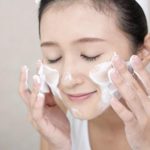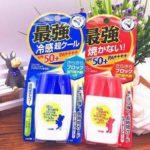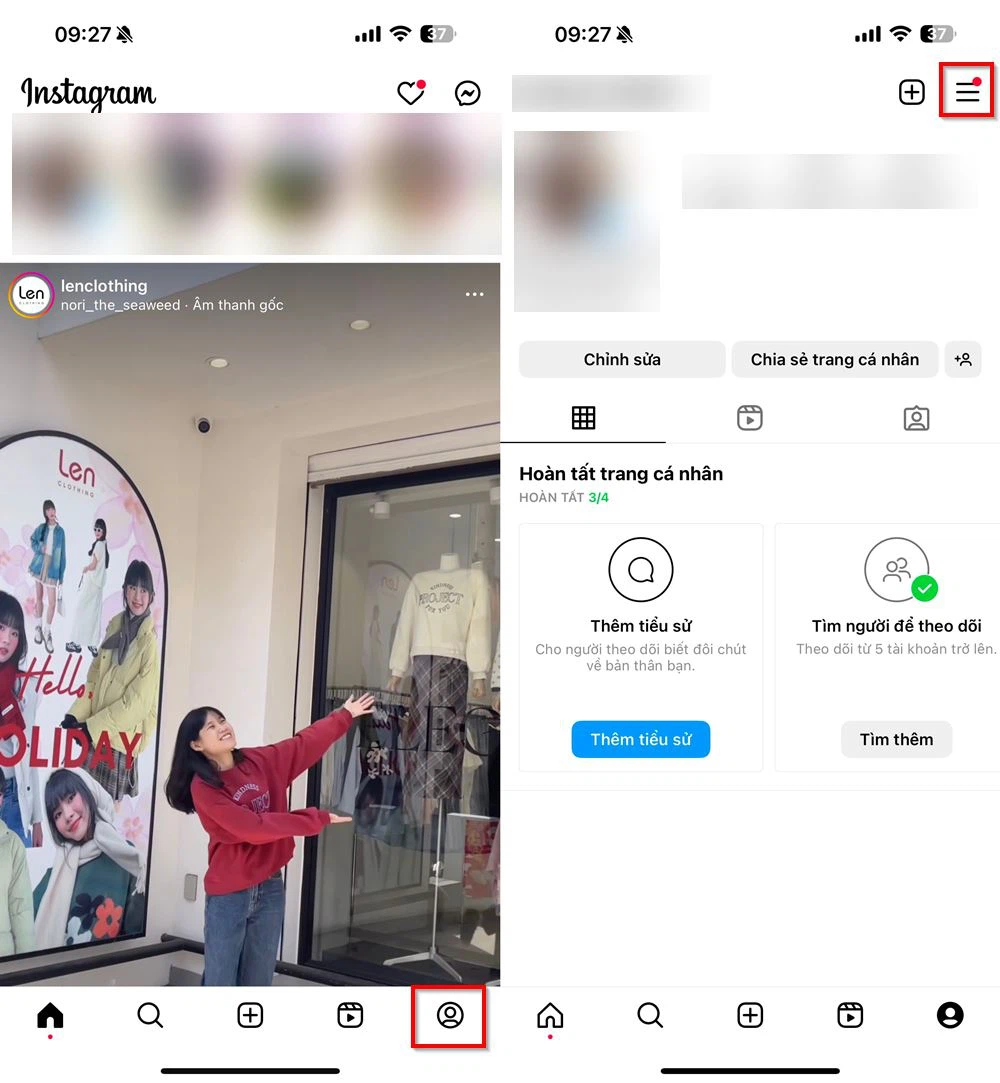1. Inadequate Broad-Spectrum Sunscreen
UVB rays, with a wavelength of 290nm to 320nm, can cause sunburns and skin darkening. UVA rays, ranging from 320nm to 400nm, accelerate aging, forming wrinkles and dark spots, while also increasing the risk of skin cancer. Sunscreens without broad-spectrum protection can only protect against one of these ray types or none at all.
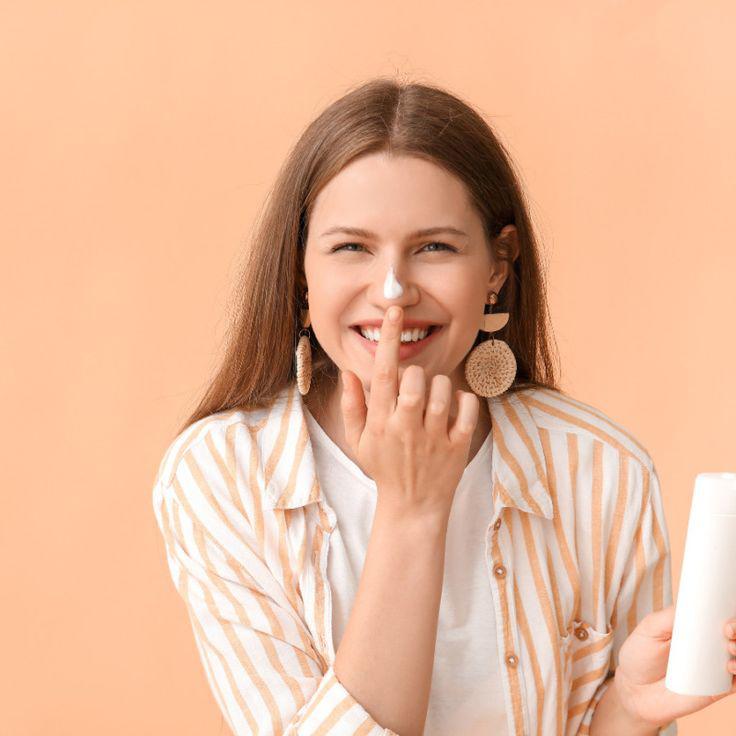
Choosing a broad-spectrum sunscreen is crucial as it will protect against the harmful UV rays that damage the skin.
2. Sunscreen with Alcohol
Alcohol in sunscreen helps it evaporate, dry quickly, and prevents a sticky feeling on the skin. However, when applied near the eyes, it can cause irritation. Nowadays, experts have produced alcohol-free sunscreens that protect both the skin and eyes. Therefore, for daily use, alcohol-free sunscreens are the optimal choice for women.
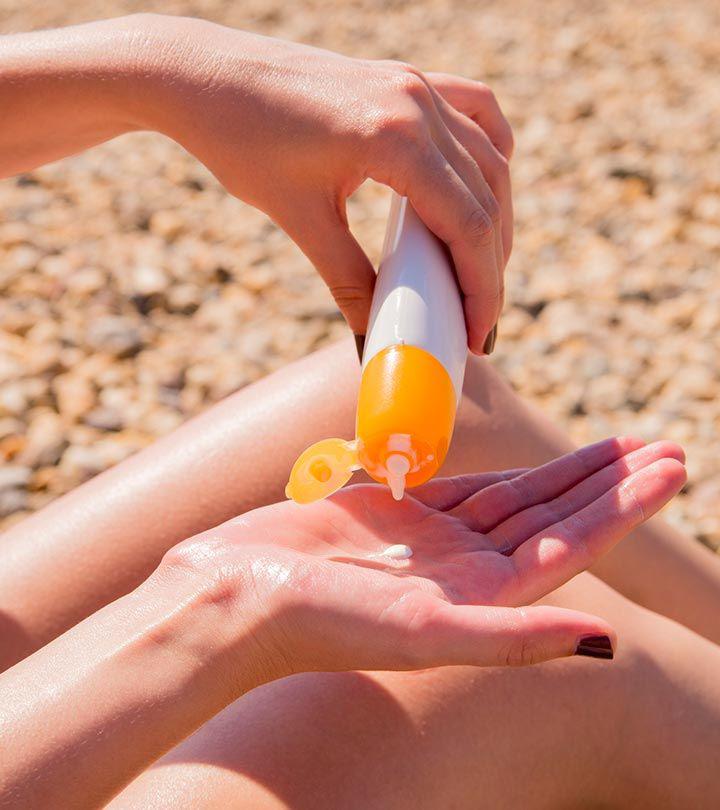
Alcohol-free sunscreens are safer for the skin.
3. Sunscreen with Inappropriate SPF
Typically, the ideal SPF (Sun Protection Factor) range is between 30 and 50. A lower or higher SPF indicates a sunscreen that should not be used. If you choose a sunscreen with an SPF lower than 30, it will not provide sufficient protection. Conversely, a sunscreen with an SPF higher than 50 implies a higher concentration of chemicals, which can clog pores and cause acne.
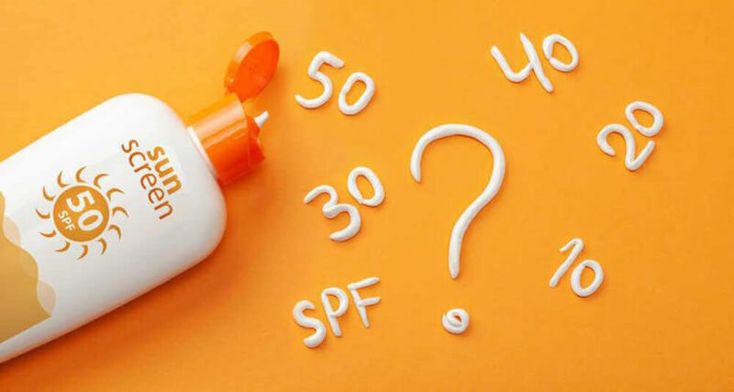
Sunscreens with an SPF of 30 to 50 are considered safe for daily use.
4. Moisturizing Sunscreen
The principle of sunscreen is to create a protective layer on the skin, while moisturizers need to penetrate deeply. If you apply enough moisturizer, it won’t be sufficient for sun protection. Conversely, if you apply enough sunscreen, the layer on your skin will be thick and uncomfortable. It may even clog pores, cause acne, and lead to skin irritation. Therefore, it’s best to use separate products for moisturizing and sun protection to avoid complications.
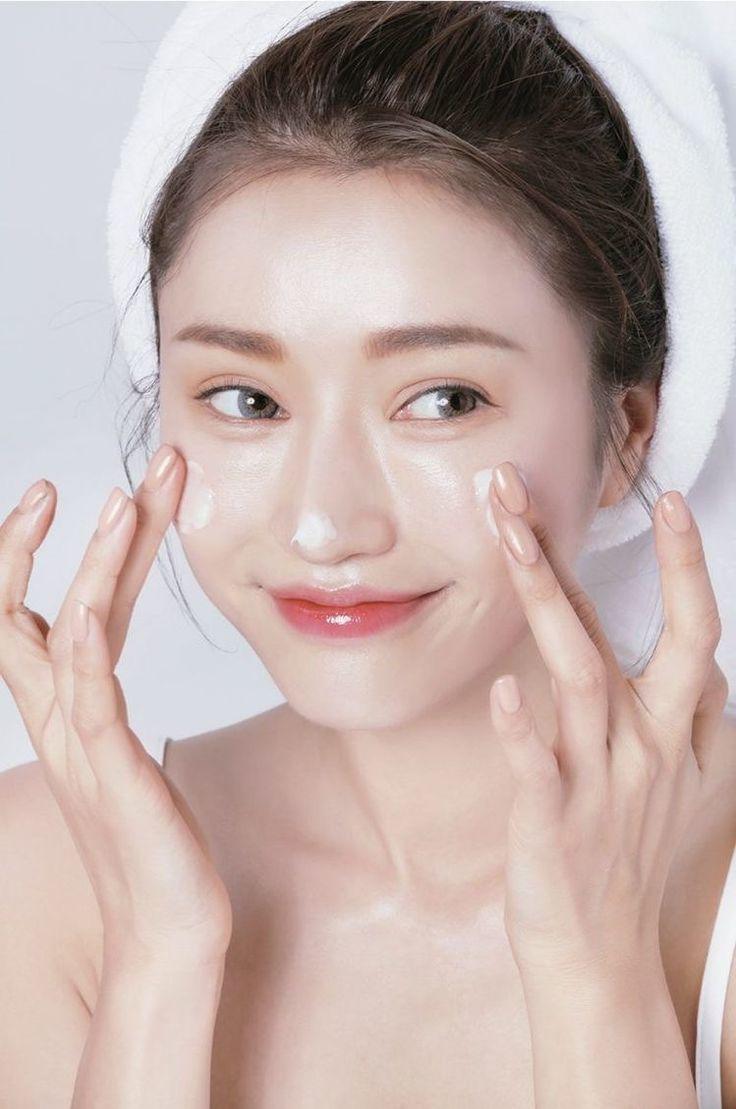
It is recommended to use a separate moisturizer and sunscreen.
5. Sunscreen with Irritating Ingredients
Harmful ingredients to avoid include: Dioxybenzone, Meradimate, Ensulizole, Sulisobenzone, fragrances, parabens, and preservatives. These substances can irritate sensitive or vulnerable skin and weaken it over time. So, remember to check the ingredients carefully before purchasing.
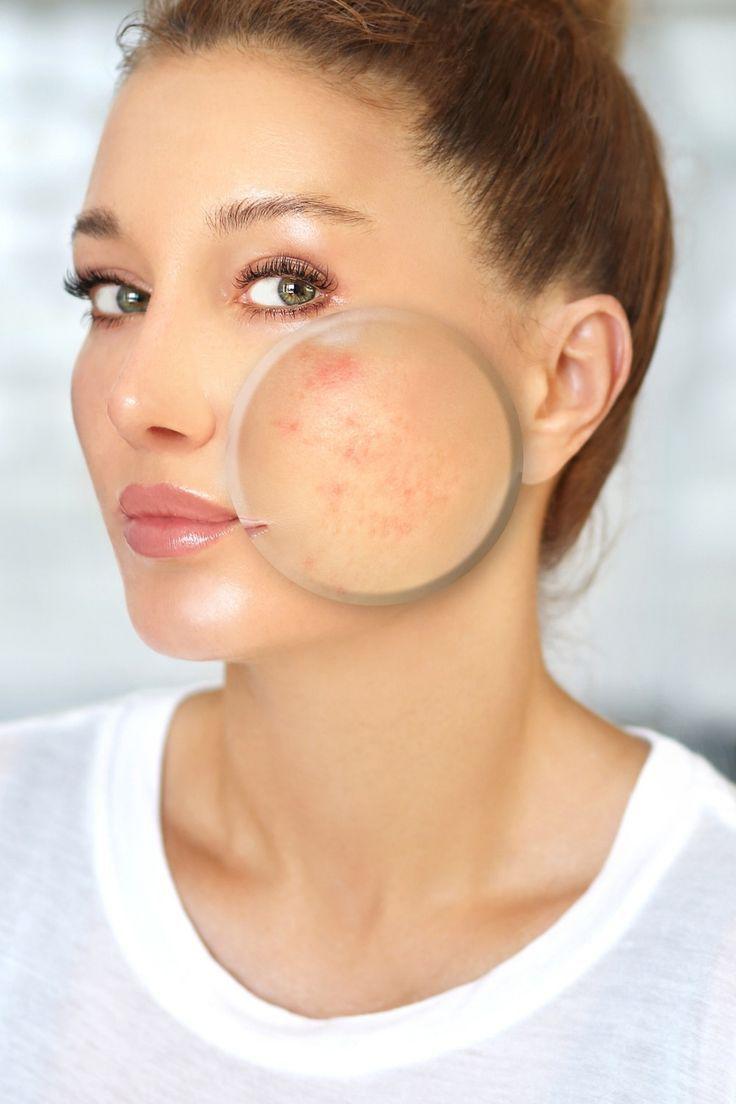
Be sure to read the ingredient labels carefully before purchasing sunscreen.
6. Inappropriate Sunscreen for Your Skin Type
Everyone has unique skin that requires specific care. Dry, oily, or sensitive skin needs suitable products to stay healthy. Identify your skin type, research product characteristics, ingredients, and their effects, and don’t forget to read reviews from trustworthy news sources to make an informed choice.
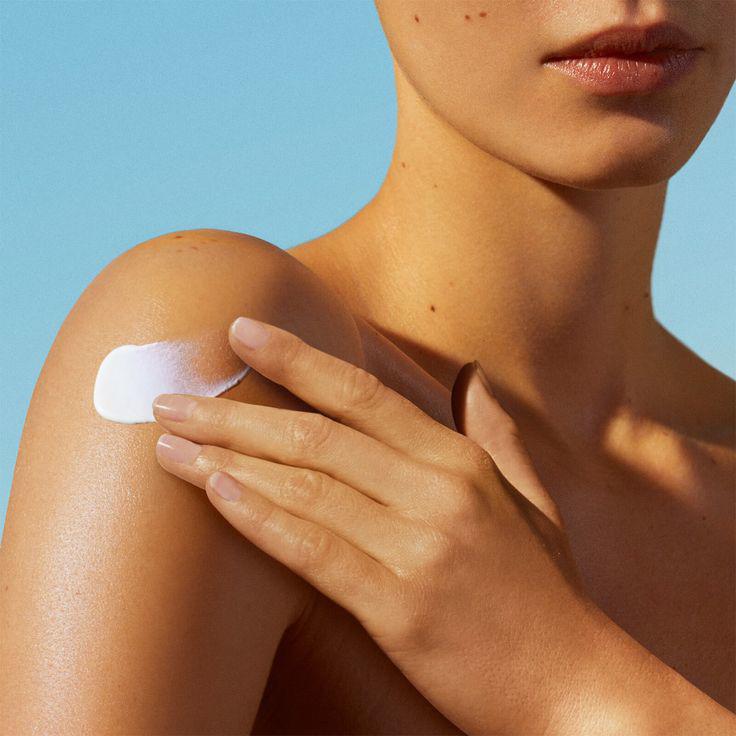
Different skin types require different types of sunscreen.
What Are the Dangers of Using Inappropriate Sunscreen?
– Increased sunburn risk if not applied correctly.
– Premature aging as UV rays disrupt the oxidation process and collagen formation, leading to sagging skin and the appearance of age spots, freckles, and wrinkles.
– Skin irritation, clogged pores, acne, and increased skin sensitivity.
– Waste of money, as you may need to spend more on treating the adverse effects caused by inappropriate sunscreen use.
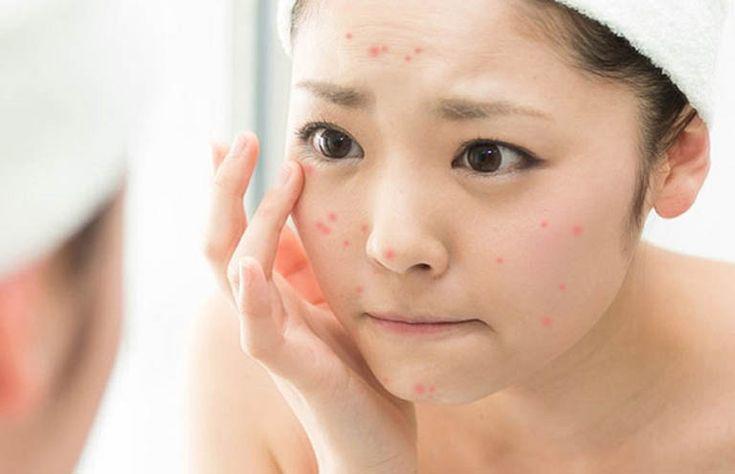
Using inappropriate sunscreen can have several detrimental effects on the skin.
With a variety of sunscreens available on the market, it’s essential to determine which one is right for you and which ones to avoid. When choosing a product for your skin, always refer to reliable sources for information on ingredients, effects, and expiration dates. Making the right choice in sunscreen is an act of self-love for your skin.
The 3 Must-Have Beauty Products for Women of All Ages
Introducing the three skincare heroes that every woman should know about! These beauty staples are not just your average cosmetics, they are powerful tools in the quest for youthful and radiant skin. While many are familiar with these products, understanding their true importance in a comprehensive skincare and anti-aging routine is key to unlocking their full potential. Get ready to dive into the world of skincare and discover the secrets to achieving that glowing, healthy complexion you’ve always desired.
























